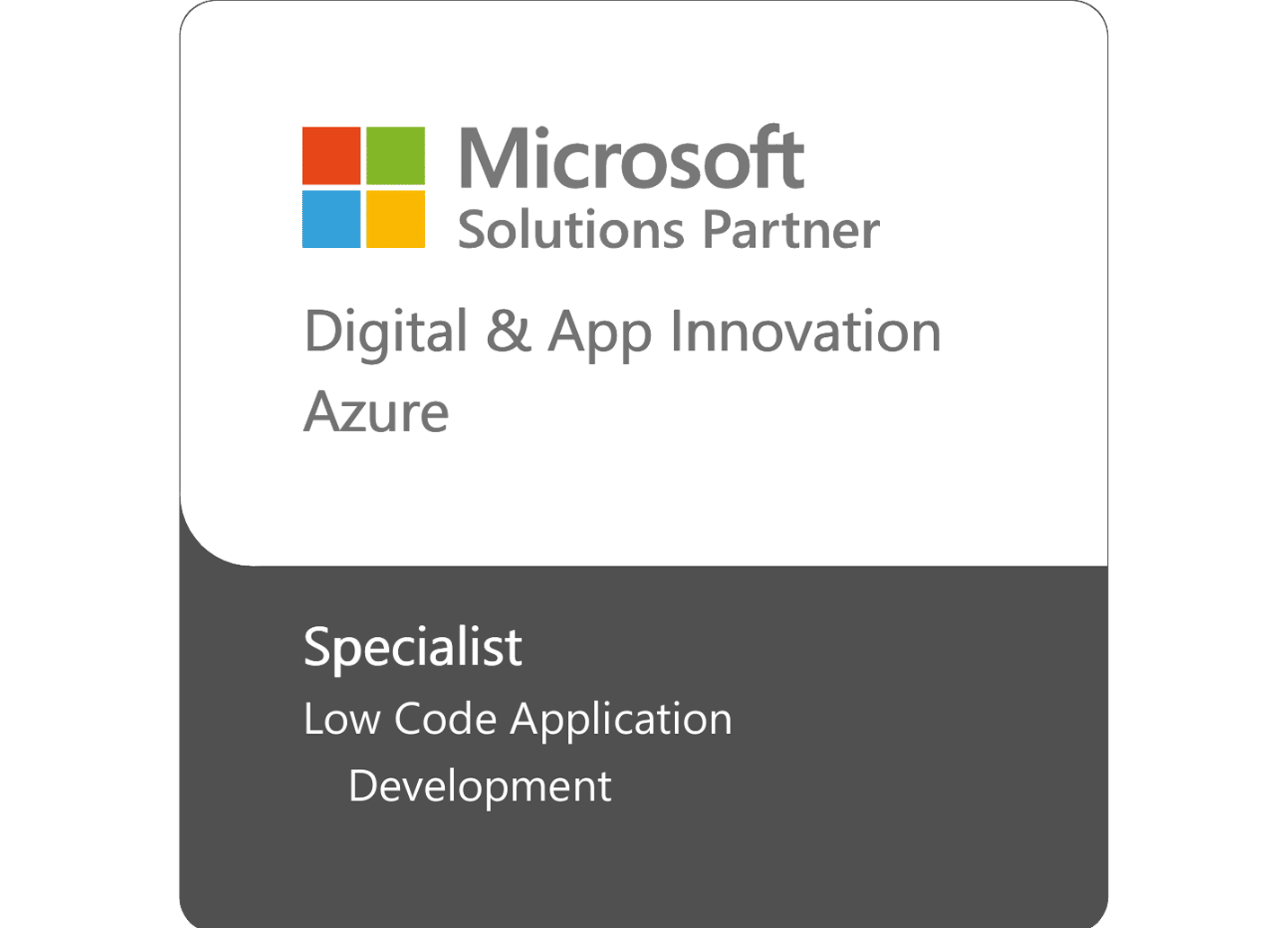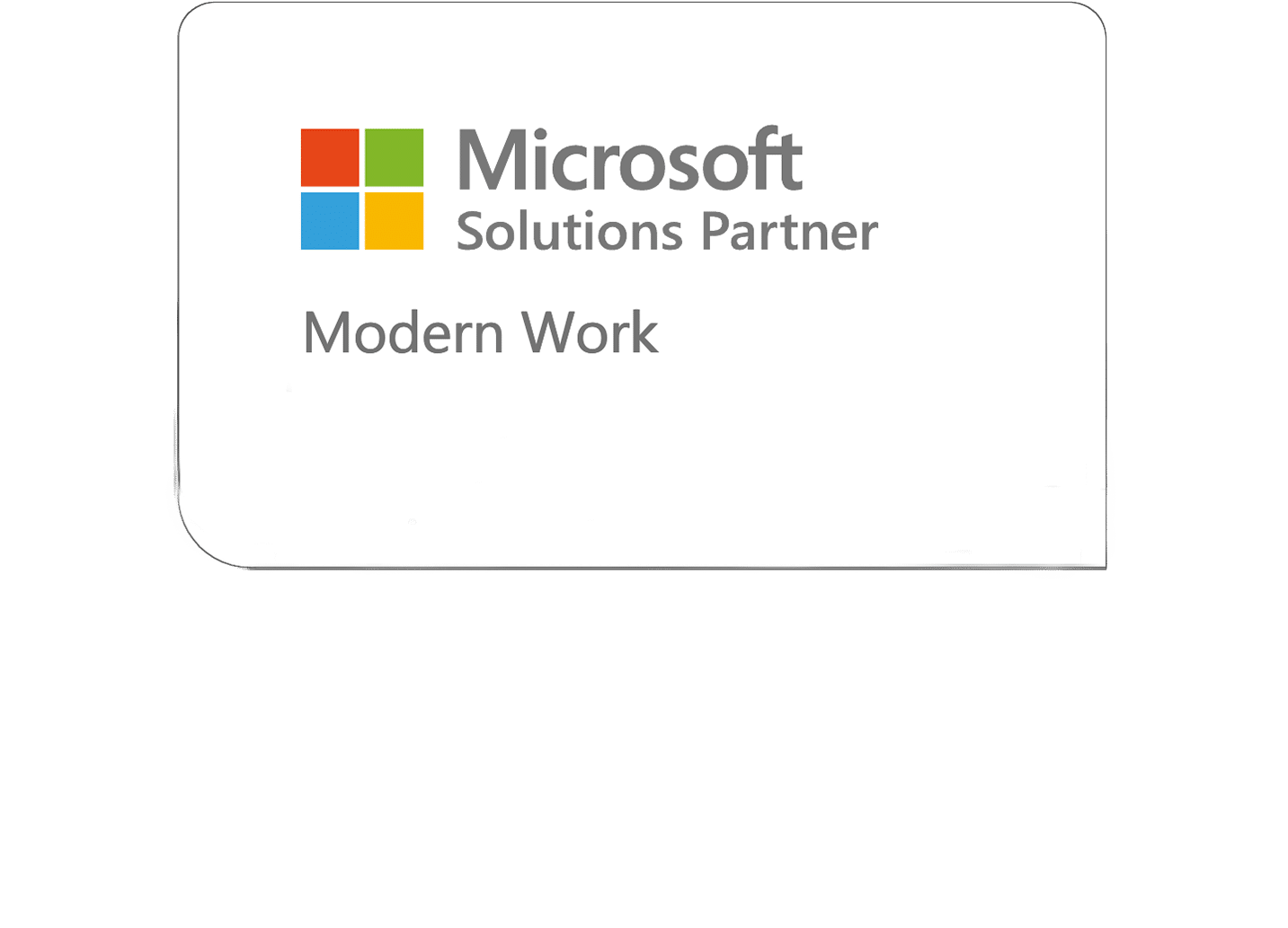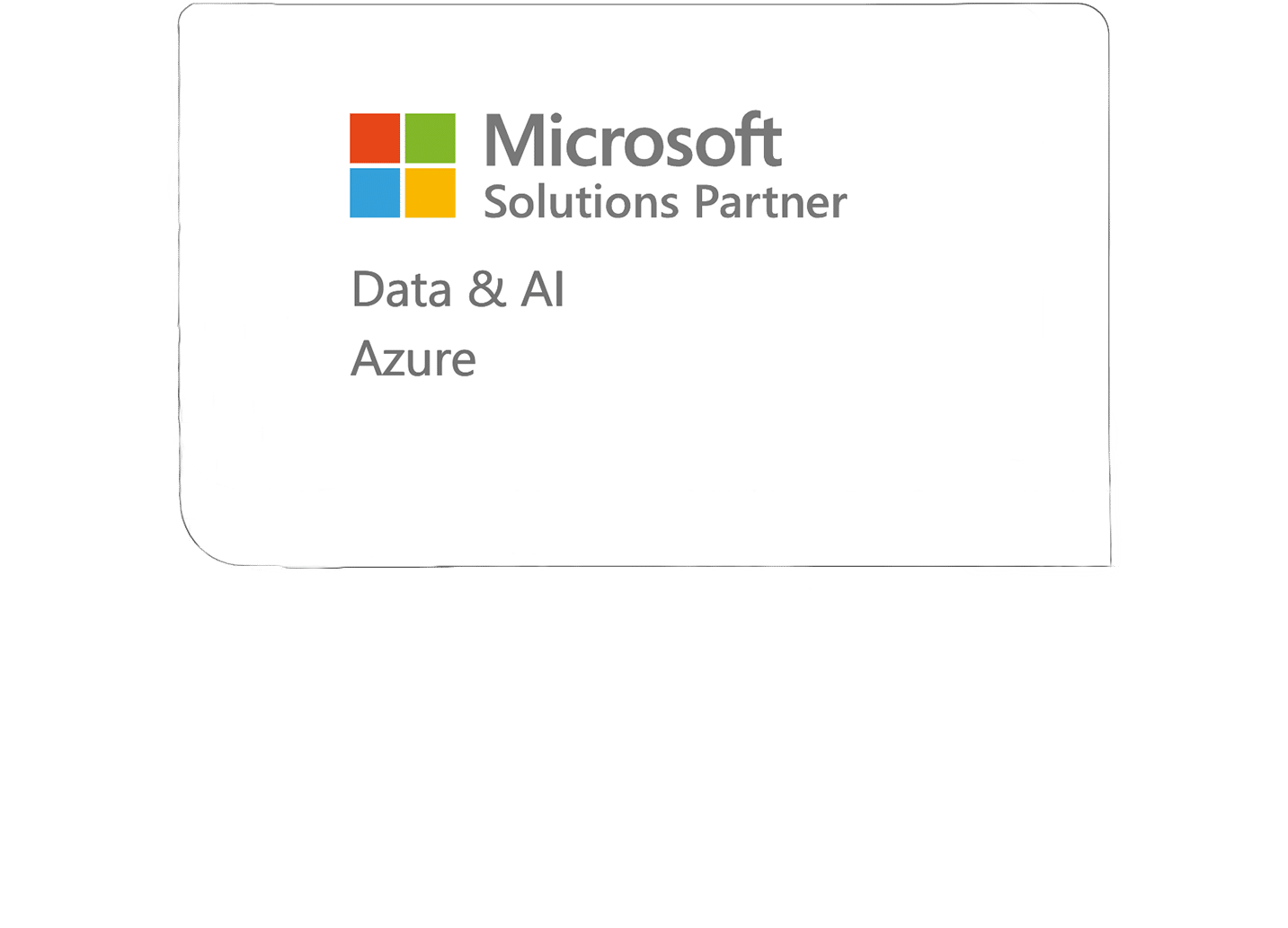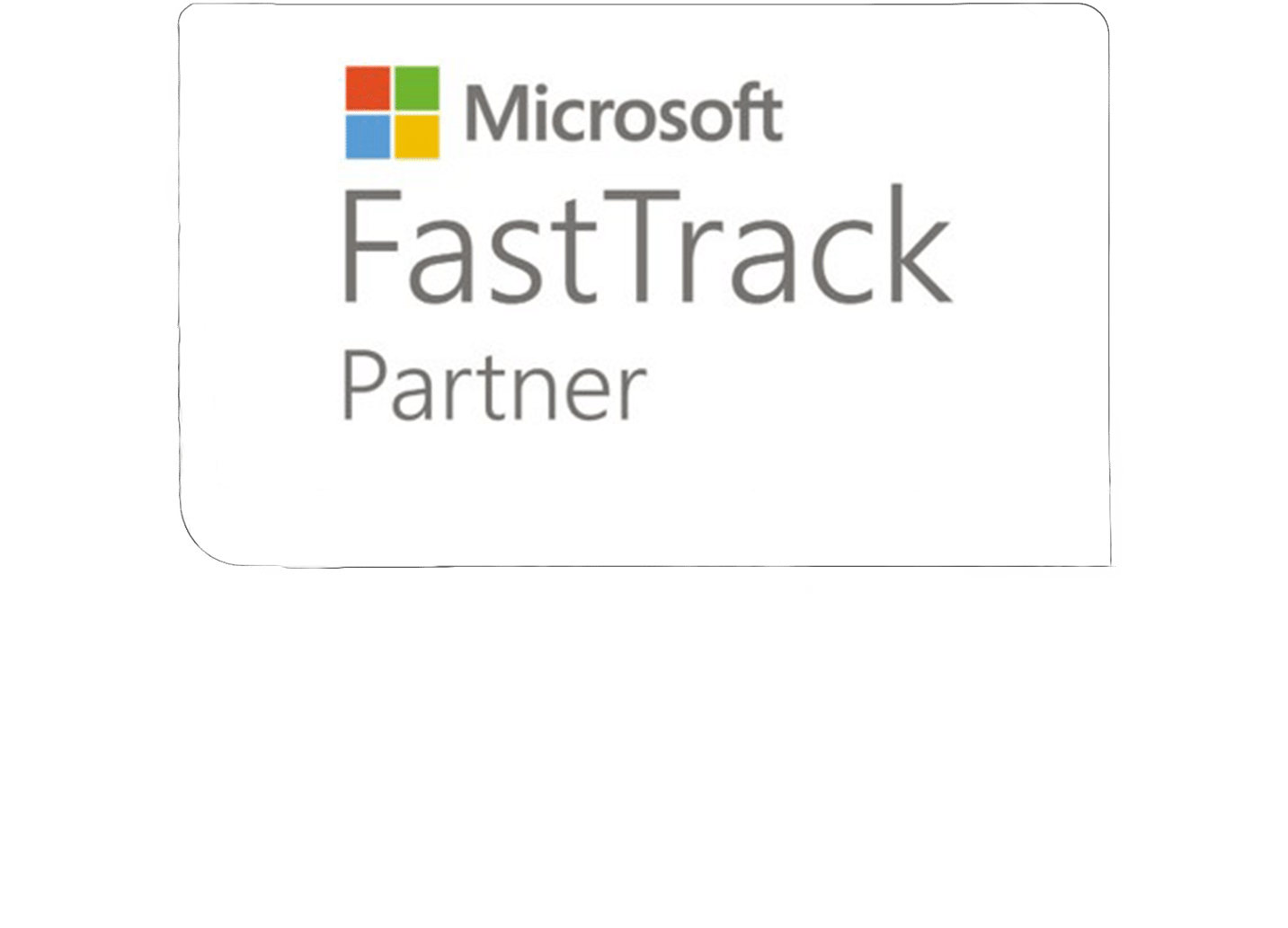ERP for Project Management.
Systematize all processes in your company by connecting all areas in a single ERP. Create specialized technical offers, manage projects and their managers, launch work orders, record billable time and expenses… without forgetting common areas such as invoicing, treasury, and accounting. All within a flexible ERP system for projects that adapts to your way of working.
A project is a temporary effort aimed at achieving a goal, product, or service with specific quality characteristics. The two elements that define a project and differentiate it from other activities in a company are, on the one hand, the temporal dimension (with a beginning and an end) and, on the other, the defined cost framework.
Effective project management requires communication among all involved parties. Proper communication helps control project management time, improves collaboration among company members, suppliers, and clients. Ultimately, it contributes to creating a competitive advantage and facilitates the achievement of the companies final objectives.
Having an ERP for project management not only helps improve communication but is also a key element in finding flexible ways to respond to changing business models, automate processes, and optimize workforce productivity to ensure project success (educational, public, architectural, software development, etc.).
Benefits of using an ERP for project management
Functionalities of an ERP for manage projects

Sales force management
Complete vision of the company
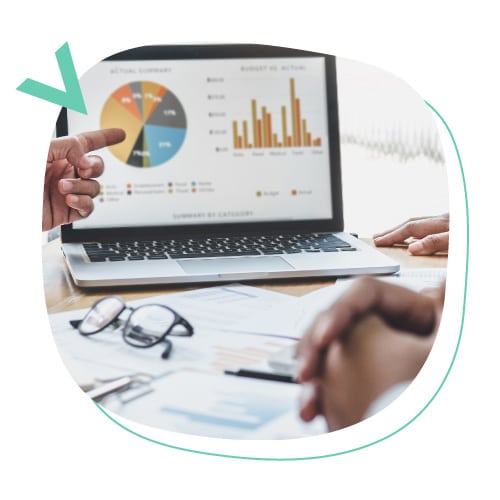

Teams resources management
Economic-financial control


Project management
We are a partner specialising in the project sector.
At ARBENTIA, a business and information technology consulting firm, we guide, assist, and support our project sector clients in their digital transformation by integrating and customizing the latest Microsoft digital solutions to meet the specific requirements of each of our clients.
Dynamics NAV Navision for project management is now Business Central
Trust the new ERP for projects developed by ARBENTIA on Microsoft Dynamics 365 Business Central. The new version of the successful Navision or Microsoft Dynamics NAV applied to the project sector.
Manage budgets and monitor the progress of your projects in real-time, manage the lifecycle of each project by client, create automated workflows to optimize your operations, and foster spaces for your teams to collaborate thanks to Microsoft Dynamics NAV for project management.
Don’t let anything distract you from your business! Don’t limit yourself with rigid tools and discover how Microsoft’s ERP can help you plan, organize, and control all your projects, achieving your set goals.
Complementary solutions
The integration of Microsoft Dynamics 365 technology can be done in several ways: add more Dynamics 365 modules, perform integrations developed by Microsoft or by a specialized partner like ARBENTIA. Find the solution that best suits your needs and integrate it with the ERP with minimal effort!
100% Integrated Microsoft universe
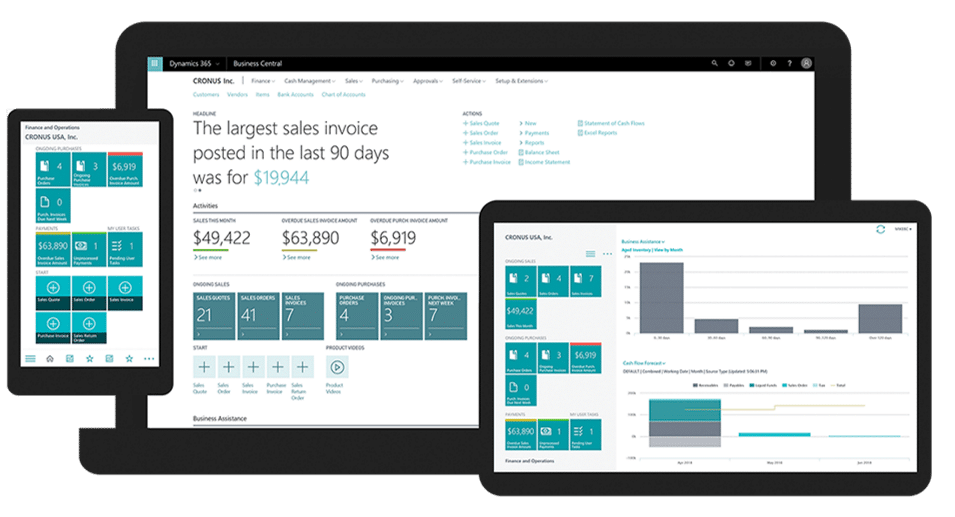
ARBENTIA Project Management
Trust the modular technology platform for project management developed by ARBENTIA on Microsoft Dynamics 365 Business Central.
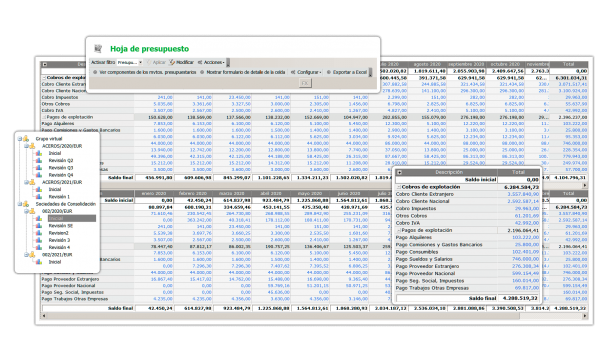
SAGE XRT
Manage your company’s treasury with Sage XRT and Microsoft Dynamics 365 Business Central. Both solutions come together to add value to the financial planning of the business. Unlock your company’s full potential and eliminate risks and uncertainties.
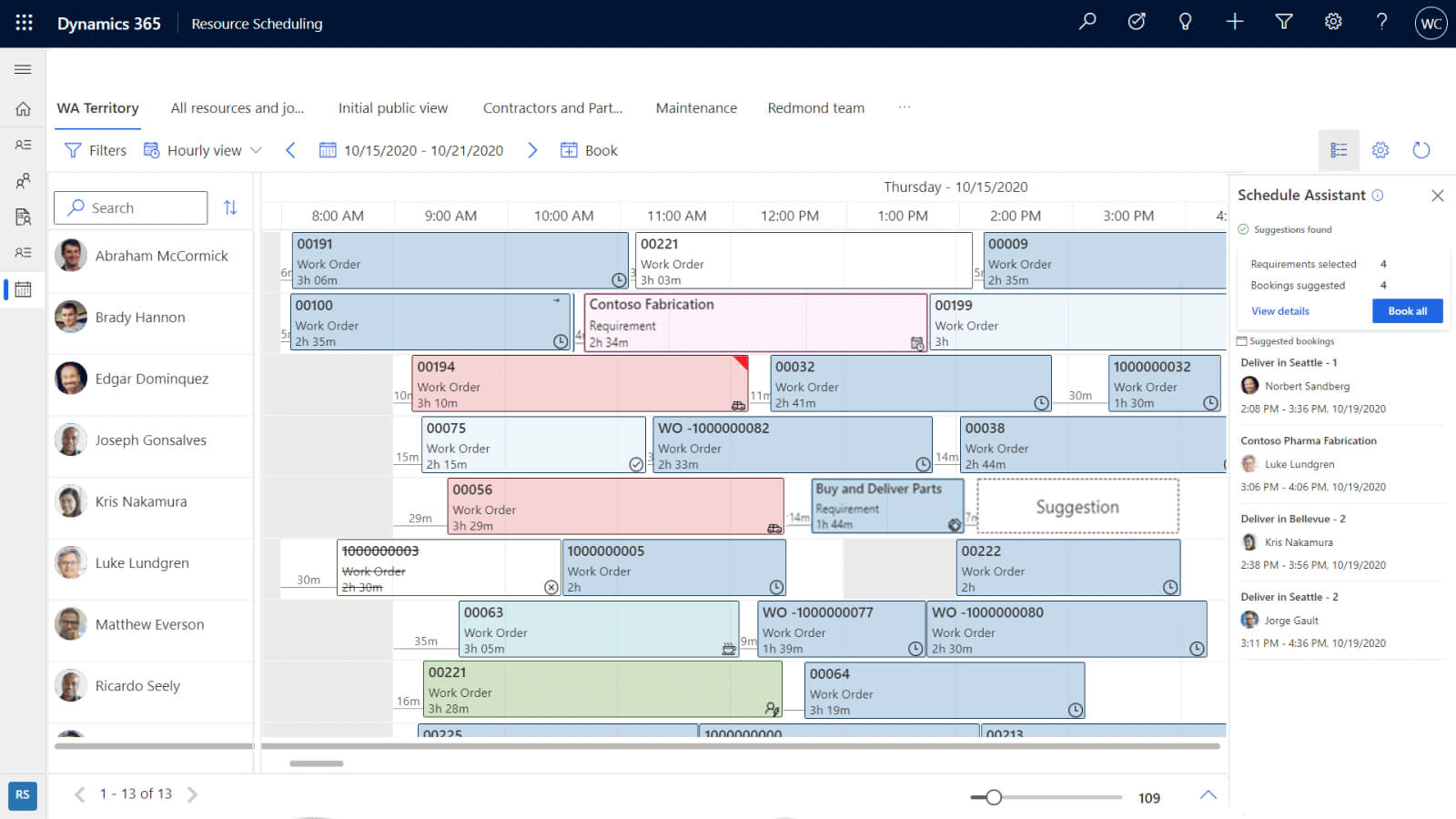
Field Service
Dynamics 365 Field Service is the technical service software to optimize resource scheduling, prepare field technicians, and meet your customers’ expectations through tools that allow you to resolve issues on the first try.
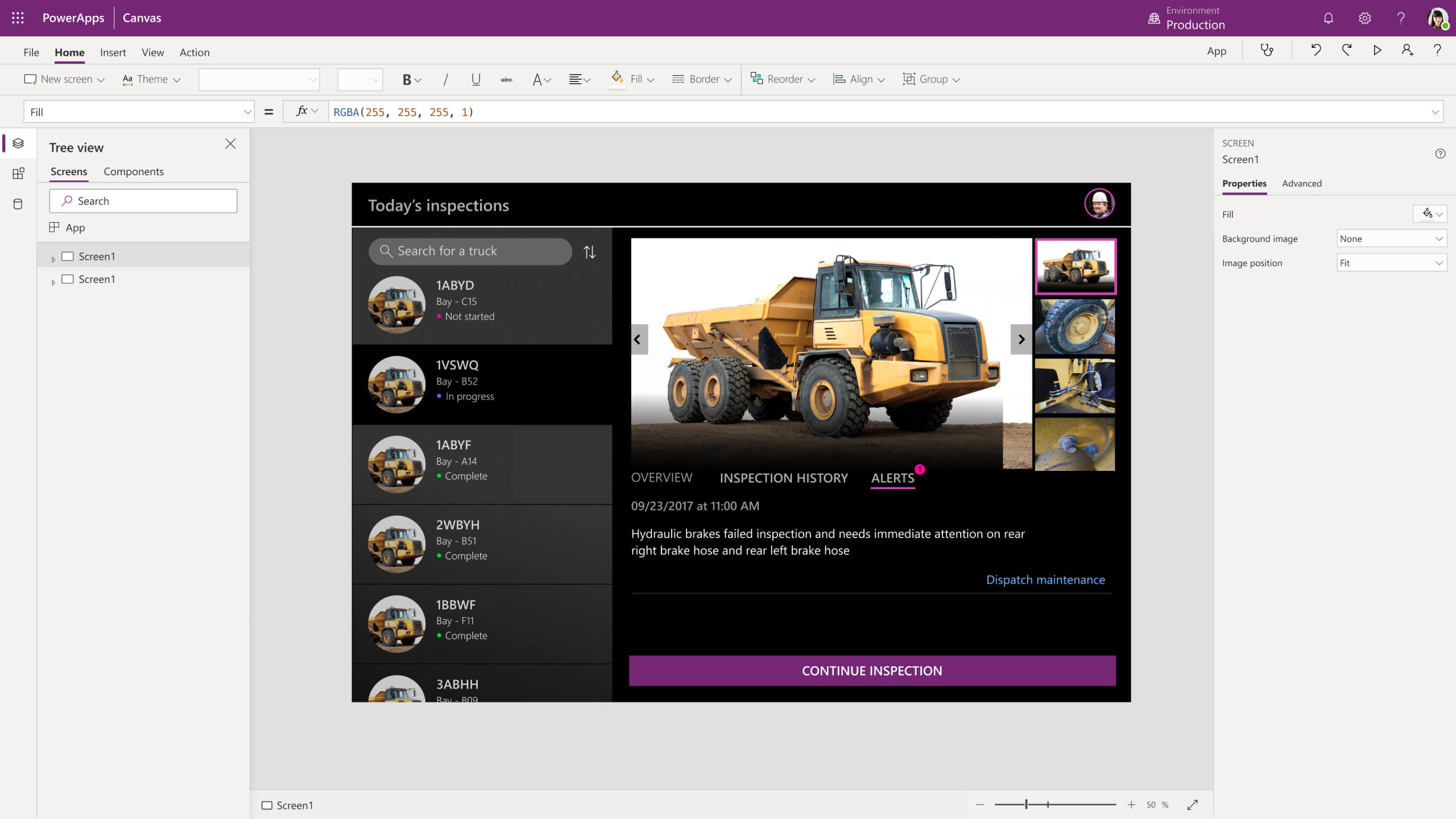
Power Apps
Microsoft Power Apps, the tool for creating mobile, desktop, or web business applications from Microsoft. Easily create custom applications with little to no code that modernize processes and solve challenges.
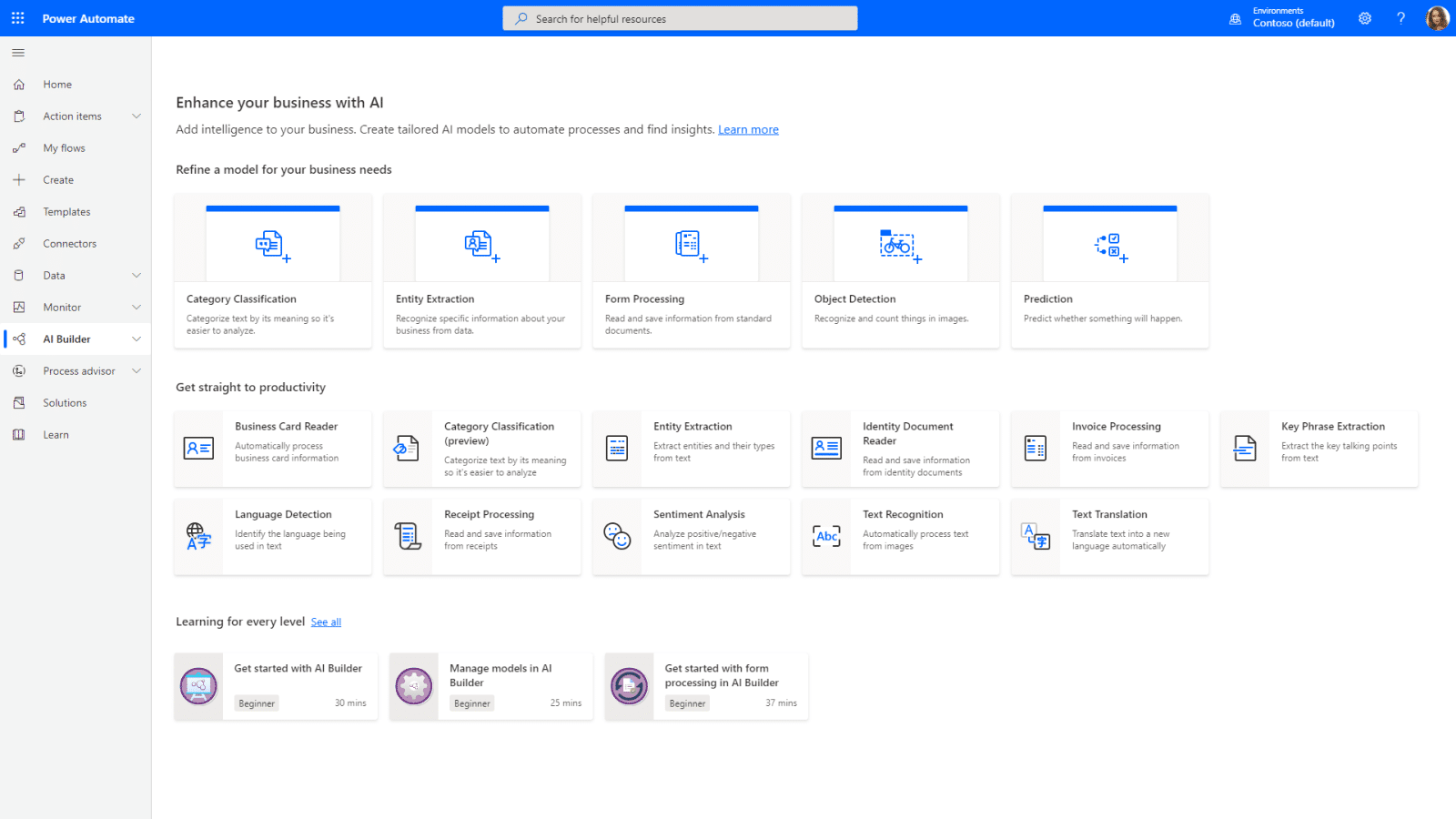
Power Automate
Microsoft Power Automate is the tool from Microsoft that improves business productivity. Automate repetitive tasks and business processes by combining different cloud services and/or applications. Focus on what truly matters.
Frequently asked questions
Shared success stories

Grupo EWD bets on technological innovation with the support of ARBENTIA Project Management
The EWD business group, specializing in energy and hydraulic project development, has trusted ARBENTIA as a partner for the implementation of Project Management, the modular technology platform for advanced project management developed by ARBENTIA on the ERP Microsoft Dynamics 365 Business Central.








